Eco-Friendly Choices: Energy-Efficient Home Appliances for a Sustainable Home
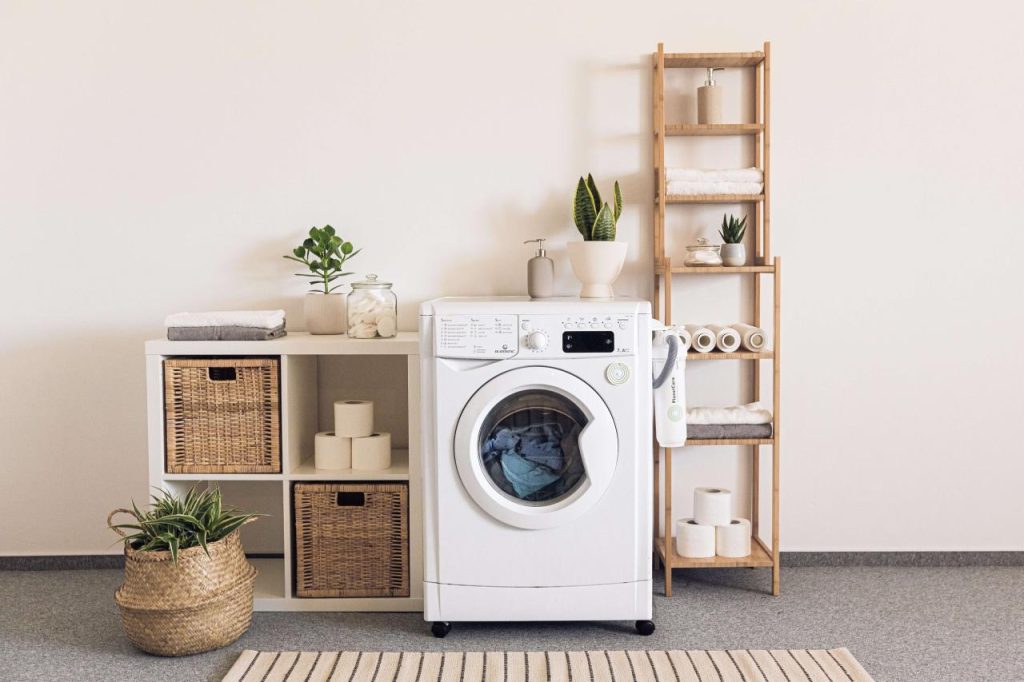
As environmental concerns continue to grow, individuals around the world are increasingly recognizing the importance of adopting eco-friendly practices in their daily lives. One crucial aspect of sustainable living is the choice of energy-efficient home appliances. This article delves into the significance of eco-friendly choices, the benefits of energy-efficient appliances, and how they contribute to creating a greener and more sustainable home.
Understanding Eco-Friendly Choices:
Eco-friendly choices, particularly when it comes to home appliances, refer to opting for products that consume less energy, produce fewer greenhouse gas emissions, and have a smaller environmental footprint. By selecting energy-efficient appliances, homeowners can actively participate in mitigating climate change and reducing their overall energy consumption.
The Benefits of Energy-Efficient Home Appliances:
- Reduced Energy Consumption: Energy-efficient appliances are designed to utilize minimal energy while providing the same level of functionality. By using these appliances, households can significantly lower their electricity consumption and, consequently, reduce their carbon footprint.
- Cost Savings: Although energy-efficient appliances may have a slightly higher initial cost, they lead to substantial long-term savings on utility bills. Over time, the reduced energy usage offsets the higher upfront investment.
- Environmental Impact: Energy-efficient home appliances contribute to lower greenhouse gas emissions, helping to combat climate change and preserve natural resources. By using less energy, these appliances contribute to a cleaner and healthier environment.
- Government Incentives: Many governments and local authorities offer incentives or rebates for purchasing energy-efficient appliances. Taking advantage of these programs can further motivate homeowners to make eco-friendly choices.
Popular Energy-Efficient Home Appliances:
- Energy-Star Rated Refrigerators: Energy Star-certified refrigerators use approximately 15% less energy than conventional models. They also incorporate advanced features such as improved insulation and better temperature control.
- High-Efficiency Washing Machines: These machines use less water and electricity per load, resulting in reduced energy consumption and water wastage.
- LED Lighting: Energy-efficient LED bulbs consume up to 75% less energy than traditional incandescent bulbs and have a significantly longer lifespan.
- Induction Cooktops: Induction cooktops transfer heat directly to the cookware, making them more energy-efficient compared to traditional gas or electric stovetops.
Cultivating a Sustainable Home:
- Conduct Energy Audits: Homeowners can assess their energy usage by conducting energy audits. Identifying areas of high energy consumption helps prioritize which appliances need upgrading to more energy-efficient models.
- Responsible Disposal: Properly disposing of old appliances ensures that they don’t contribute to environmental pollution. Many manufacturers and retailers offer recycling programs for old appliances.
- Educate and Raise Awareness: Sharing knowledge about energy-efficient appliances and their benefits within communities fosters a culture of sustainability and encourages others to make eco-friendly choices.
Choosing energy-efficient home appliances is a crucial step toward creating a sustainable and eco-friendly living space. By embracing energy-saving technology, homeowners not only contribute to reducing their carbon footprint but also enjoy long-term cost savings. Embracing eco-friendly choices for home appliances empowers individuals to be environmentally responsible and actively participate in the global effort to create a greener and more sustainable future.
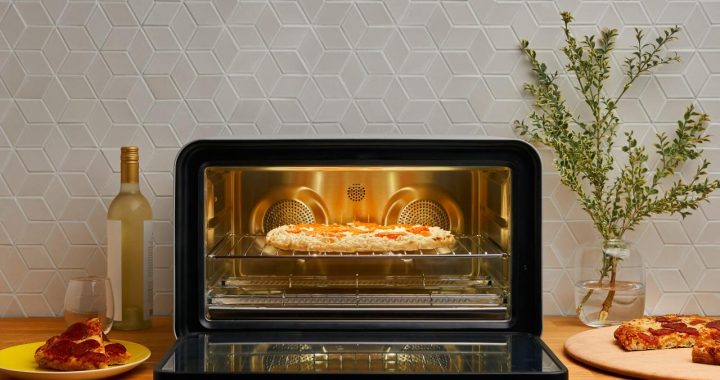 Exploring Uncharted Territories: Innovations in the Home Appliance Industry
Exploring Uncharted Territories: Innovations in the Home Appliance Industry  Safety Challenges and Solutions for Smart Home Appliances
Safety Challenges and Solutions for Smart Home Appliances 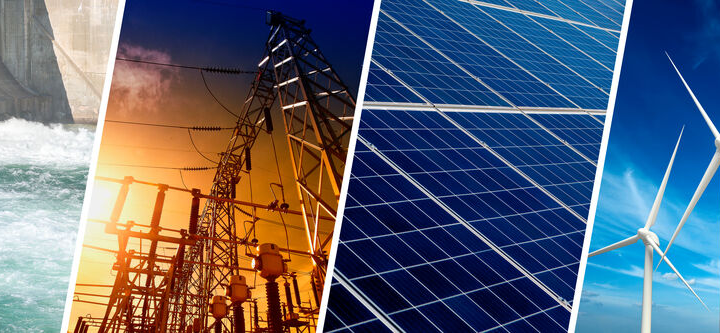 Contributing to a Greener World: The Role of Renewable Energy in Home Appliances
Contributing to a Greener World: The Role of Renewable Energy in Home Appliances 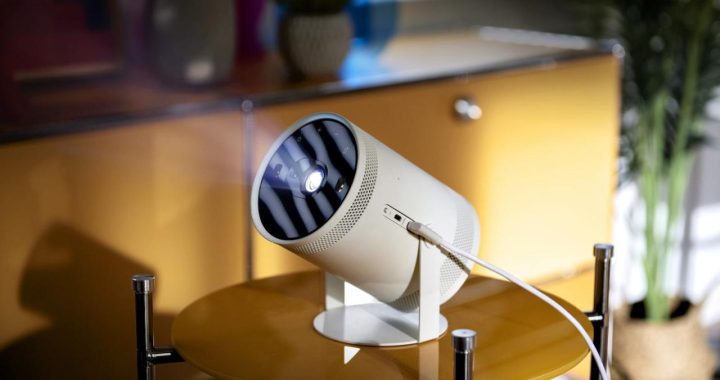 Unveiling the Latest Tech: Exploring Futuristic Home Appliances
Unveiling the Latest Tech: Exploring Futuristic Home Appliances  Kitchen Helpers: Must-Have Appliances for Enhancing Culinary Experience
Kitchen Helpers: Must-Have Appliances for Enhancing Culinary Experience 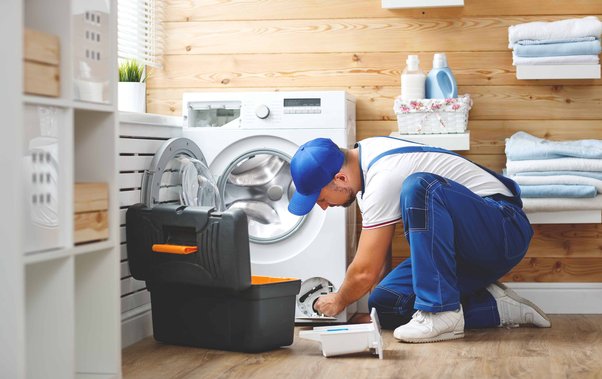 Home Appliance Maintenance 101: Tips to Extend the Lifespan
Home Appliance Maintenance 101: Tips to Extend the Lifespan  The Harmonious Home: Balancing Aesthetics and Functionality in Decor
The Harmonious Home: Balancing Aesthetics and Functionality in Decor  10 Exciting DIY Home Projects to Transform Your Living Space
10 Exciting DIY Home Projects to Transform Your Living Space  Beyond Four Walls: Embracing Nature for Home Inspiration
Beyond Four Walls: Embracing Nature for Home Inspiration  Remodeling Rhythms: Crafting Harmonious Living Environments
Remodeling Rhythms: Crafting Harmonious Living Environments